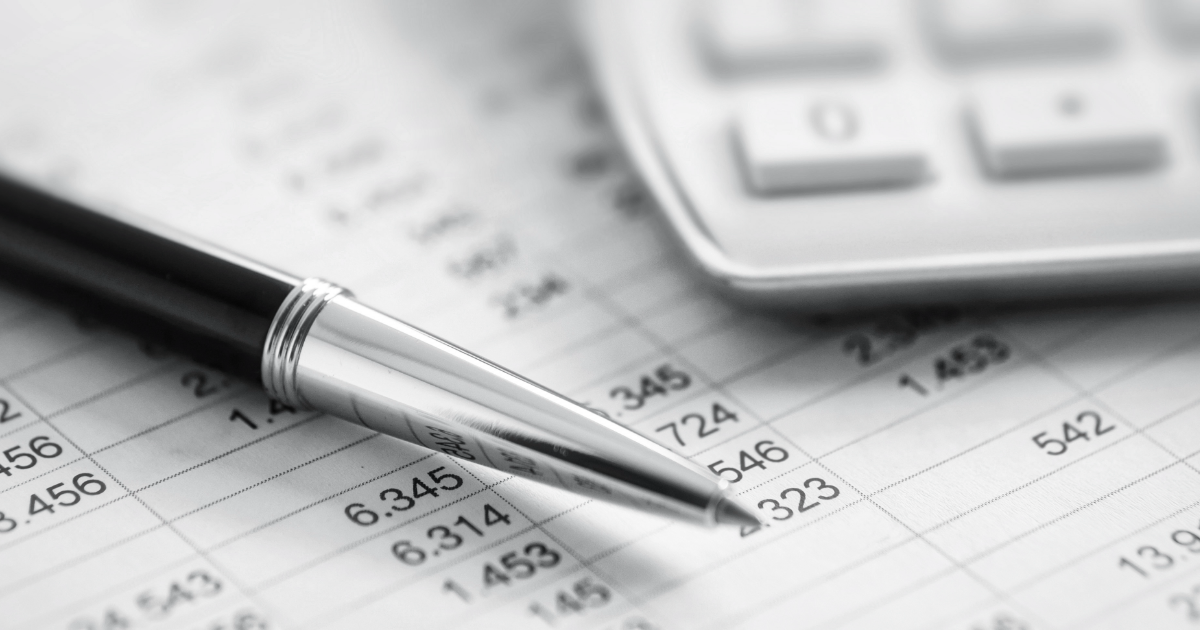Cloud Bookkeeping & Controllership
Records, Documents, and Receipts Every Canadian Should Keep
June 6, 2024

What’s the one time of year that gives every earning citizen a sleepless night? Tax season! Irrespective of who you are – the head honcho of a multinational company, a small business owner, a salaried employee or a freelance professional – doing your taxes is daunting. And gathering all your financial record details is no mean feat either. Trying to figure out which documents are necessary for taxation purposes at the end of the financial year is a cause of confusion for many. Here is an easy guide to help you understand which records, documents and receipts you need for next tax season. But first –
Why Do You Need to Store Receipts and Other Document Records?
When you file your taxes with the Canada Revenue Agency (CRA) and claim deductions, the CRA checks the transactions to see if you are eligible for the deductions claimed. Sometimes, they might ask you to submit relevant documents to verify certain transactions. Hence, it is necessary to store all documents related to your income or expenses, such as bills, receipts, bank statements, invoices, and cheques, for at least six years from the end of that tax year.
Which Receipts Do You Need to Keep?
Under the Canadian taxation system, there are several tax benefits, credits, and deductions that you, as a Canadian citizen, can avail of to reduce your tax burden. Even dependents need to store their documents so that the earning member of the family can claim the expenses on their behalf.
Let’s look at a few examples of expenses that are tax deductible.
1. Education Expenses: As a student, your expenses far outweigh your income. The good news is that you can get some tax relief and focus on your academic performance rather than financial worries. To avail yourself of the tax benefits, you must carefully store your student loan papers, tuition fee receipts, textbook bills, accommodation bills, and any correspondence from your college. Also, store receipts of tuition fees paid for any professional certification to claim Canada Training Credit.
2. Medical Expenses: Contrary to what most people assume, medical bills are not limited to just hospitalization or surgical costs. You can also claim expenses for syringes, walking aids, vision aids, air purifiers and even service animals! Even prescriptions are deemed proof of transaction in some cases. However, medical expenses and their tax benefits are one of the most complex tax credits offered by the CRA. A tax expert can guide you on which medical expenses are tax deductible. In any case, storing all bills and receipts connected to your and your family’s health, including your health insurance papers and proof of premiums paid, is prudent.
3. Home/Office Expenses: If you work from home or are self-employed, you might also be eligible for home office deductions. These include utility bills, rent, telephone/broadband expenses, office supplies such as printer papers or stationery, and even minor repairs undertaken at your home office. You can deduct these expenses from the portion you have converted your home into an office. You need all the bills and receipts associated with these expenses to claim these deductions. Even the travel or moving costs you incur while shifting to another place for work can be deducted.
Along with office expenses, self-employed can deduct equipment costs like laptops or cameras. Whether buying or leasing the equipment, ensure that the invoice is stored. If you are leasing it for a project, it is advisable to write the project details to make it easy to trace the bill.
4. Vehicle Expenses: If your job or profession includes driving a vehicle often, this can also be deemed a work expense and deducted from taxable income. However, claiming vehicle expenses needs a lot of documentation. Apart from gas station bills, maintenance receipts, insurance papers, proof of interest paid on car loans, etc., you must also monitor your mileage. Keeping a record of the mileage before you start a work-related journey and the mileage travelled for work is paramount. If you are a salaried employee who uses your vehicle for work purposes, it is advisable to have your employer sign these mileage records as verifiable proof. The CRA can ask you to submit this evidence in case of an audit.
5. Child Expenses: Though a happy one, bringing up a child can be a pretty expensive responsibility. But did you know that as a working individual, you also have a right to certain child tax deductions? For instance, if you enroll your child at a daycare center during office hours, you could claim the expenses for childcare services. Just store all the receipts and documentation related to caregivers, daycare centers, and camps. The same goes for any assistance you hire to look after an elderly family member in your absence.
Another benefit many interested parents do not know of is that costs related to child adoption, such as legal or administrative expenses, are also eligible for tax credits.
6. Other Documents: If you make donations to charitable institutions and political parties, save the receipt, as the donations could be eligible for tax deduction. Even alimony payments are tax deductible.
7. Cash Transactions: Some expenses might also be cash spends for which you may not have a bill. In that case, try estimating how much you’ve spent. While this is easy for utility bills, which are more or less the same each month, some are just one-time expenses. You could make it a habit to ask for a receipt for your cash transactions, no matter how small the amount.
Having said this, remember that not all the tax benefits discussed above apply to everyone. Every tax benefit has eligibility criteria. Storing those receipts helps the accountant determine your eligibility for the claim.
Contact DDL & Co. in the Niagara Region for Your Accounting Needs
A skilled accountant can guide you on how to save taxes (for the future) so that you don’t make inaccurate claims and lose more money in paying fines instead. To learn more about how DDL & Co. can provide you with the best accounting expertise, contact us online or at 905-680-8669.



